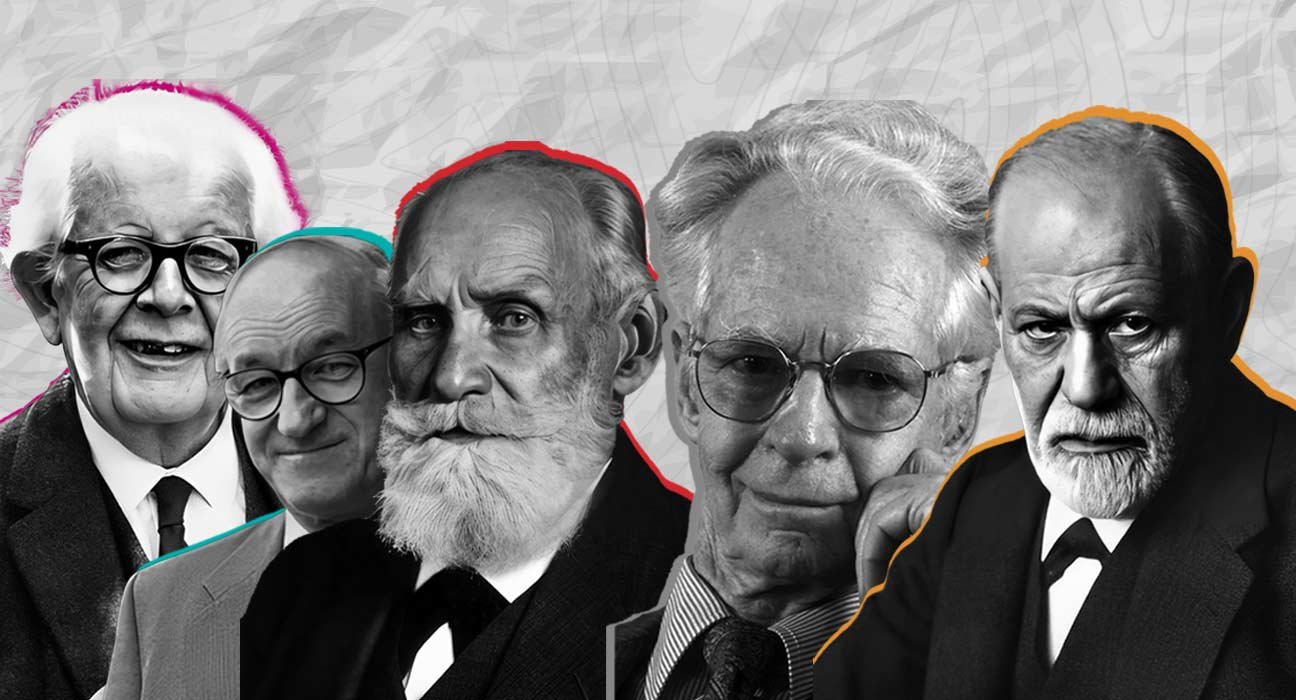Leading Psychologist Newcastle: Specialist Therapy Solutions
Wiki Article
The Importance of Developing a Relying On Connection With a Psycho Therapist for Efficient Therapy and Healing
Developing a trusting connection with a psychologist is a basic aspect of effective therapy and recovery. Depend on acts as the foundation whereupon therapy can progress and positive outcomes can be accomplished. The alliance between a client and their psychologist is rooted in mutual respect, empathy, and understanding. The process of structure depend on in therapy entails detailed dynamics that go beyond plain spoken exchange. It requires a fragile equilibrium of susceptability and guarantee, where the client feels protected in sharing their inner ideas and feelings. This connection prepares for expedition, development, and ultimately, healing.Building Depend On With Active Paying Attention
By attentively taking part in active listening, psychologists can develop a foundation of trust fund with their customers. Energetic listening involves not only listening to the words talked by the client but also comprehending the underlying feelings and intentions communicated. This method demonstrates to the client that their ideas and feelings are being genuinely heard and respected, promoting a sense of recognition and empathy.Via active listening, psychologists can develop a secure and supportive atmosphere where customers feel comfortable sharing their innermost thoughts and feelings. This open line of interaction enables a much deeper exploration of the customer's issues and helps with a more extensive therapeutic connection. Customers are most likely to open up and participate in the therapeutic process when they really feel that their psychologist is actively listening and comprehending their perspective.
Additionally, energetic listening helps psycho therapists obtain beneficial understandings right into the client's experiences, enabling them to tailor their healing strategy to fulfill the customer's details demands efficiently. By showing a real rate of interest in the customer's health via energetic listening, psycho therapists can establish trust and relationship, preparing for a successful restorative trip.
Discretion and Count On Therapy
Exactly how essential is privacy in preserving and establishing count on within the healing relationship? Privacy is the cornerstone of efficient treatment, playing a crucial role in constructing a protected and secure atmosphere for customers to explore their experiences, ideas, and emotions. When customers recognize that their individual information is maintained personal, they are more probable to open up, be vulnerable, and proactively participate in the restorative process.Therapists have a ethical and legal responsibility to preserve confidentiality, making certain that info shared throughout treatment sessions stays private unless there is a particular exception, such as the customer positioning a threat to themselves or others. Upholding confidentiality shows regard for the client's autonomy and fosters a sense of depend on in between the customer and specialist.

Emotional Security in Restorative Relationships
Developing psychological safety is paramount in promoting a therapeutic atmosphere conducive to vulnerability and development within the client-therapist connection. Emotional security refers to the sensation of security, acceptance, and non-judgment that clients should experience during treatment. It is necessary for clients to feel secure enough to explore their deepest feelings, thoughts, and experiences without worry of objection or denial.
In a psychologically risk-free area, customers are much more likely to open regarding their traumas, vulnerabilities, and struggles, permitting the specialist to give effective support and guidance. Therapists play an important function in creating this atmosphere by demonstrating empathy, active listening, and unconditional favorable respect.
When clients feel emotionally safe, they are more ready to confront hard feelings, difficulty adverse idea patterns, and job towards healing and individual development. This sense of safety encourages trust and cooperation in between the client and therapist, leading to even more significant and transformative therapeutic end results. Eventually, emotional safety is the structure upon which effective treatment and healing can occur.
Cooperation in Restorative Decision-Making
Effective restorative outcomes are often improved through a joint strategy to decision-making in between the client and therapist. Partnership in therapeutic decision-making entails a shared exchange of details, concepts, and perspectives to develop a treatment strategy that satisfies the customer's goals and demands. By including the customer in the decision-making process, specialists can equip them to take an energetic function in their recovery journey, bring about enhanced involvement and commitment to the restorative process.In a collaborative therapeutic relationship, both the customer and therapist add their proficiency to establish a tailored therapy strategy. When customers really feel heard, appreciated, and valued in the decision-making process, they are much more likely to experience positive healing results and sustainable development.
Depend On as a Structure for Healing
Count on forms the bedrock upon which the recovery procedure between a client and therapist can thrive, nurturing a supportive and secure setting try here conducive to growth and transformation. When a customer depends on their therapist, they are more probable to divulge sensitive information, discover vulnerabilities, and take part in challenging yet essential restorative work. This trust permits the client to really feel accepted, recognized, and appreciated, vital components for recovery to occur properly.
In a therapeutic setting, depend on encourages the client to build an authentic link with the specialist, fostering a collaborative connection where both events function with each other towards the customer's health. This depend on makes it possible for the client to navigate challenging emotions, face previous injuries, and create coping approaches in a secure space without worry of judgment or betrayal. Trust fund serves as a foundation for developing relationship, boosting interaction, and advertising transparency within the therapeutic procedure, inevitably leading to even more profound insights, personal growth, and long lasting healing end results.
Verdict
Depend on find out here now allows customers to feel understood, sustained, and encouraged to work via their difficulties and achieve healing. It is via this depend on that customers can completely involve in the healing procedure and experience positive outcomes.Depend on forms the bedrock upon which the recovery procedure between a customer and therapist can grow, supporting a risk-free and helpful setting conducive to development and transformation. When a client trust funds their therapist, they are a lot more likely to disclose sensitive details, check out susceptabilities, and engage in essential but challenging restorative job.In a therapeutic setting, depend on empowers the customer to look these up build an authentic link with the specialist, fostering a collective connection where both events function together towards the client's wellness. Depend on allows clients to really feel recognized, sustained, and encouraged to work through their challenges and achieve healing. It is through this count on that clients can completely involve in the healing procedure and experience positive outcomes.
Report this wiki page